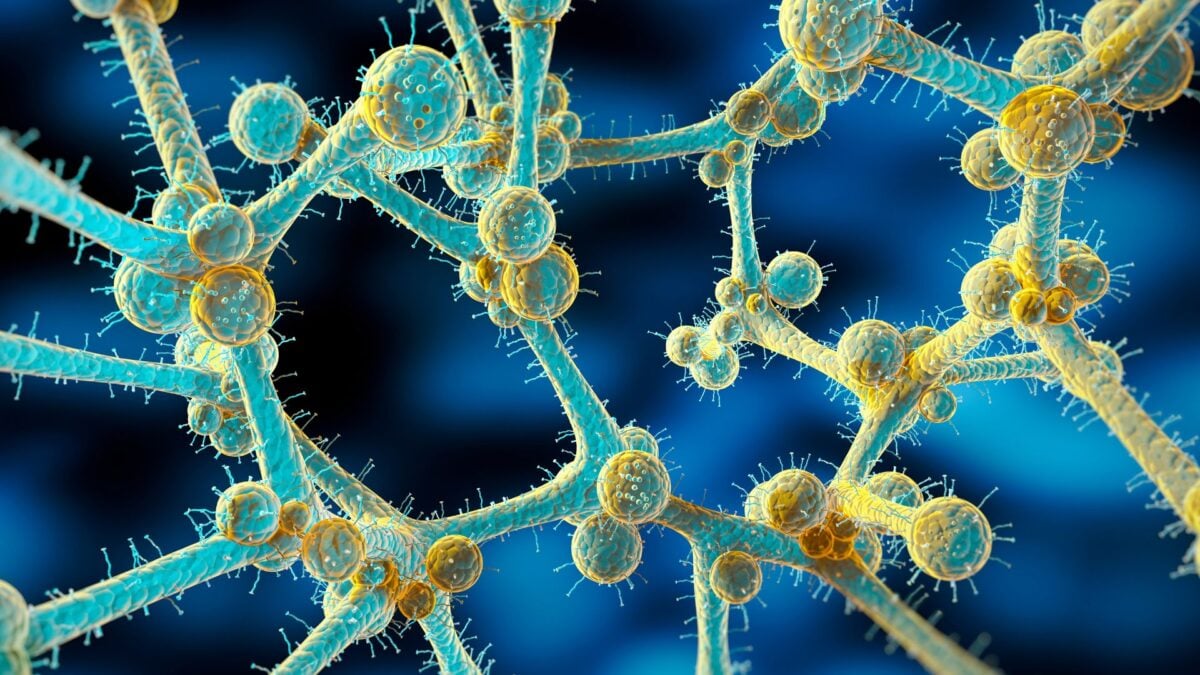A deadly, drug-resistant fungus is extending its tendrils around the world. Research out this month finds that the public health threat of Candida auris has steadily climbed over time.
Researchers reviewed the scientific…

A deadly, drug-resistant fungus is extending its tendrils around the world. Research out this month finds that the public health threat of Candida auris has steadily climbed over time.
Researchers reviewed the scientific…